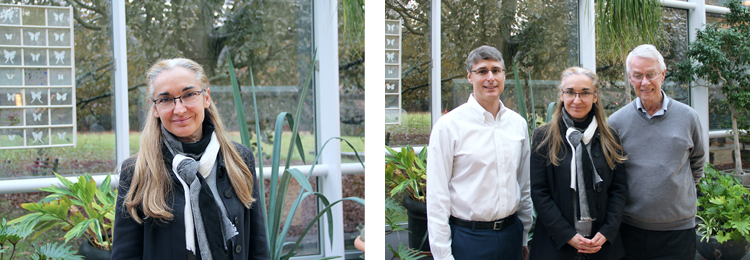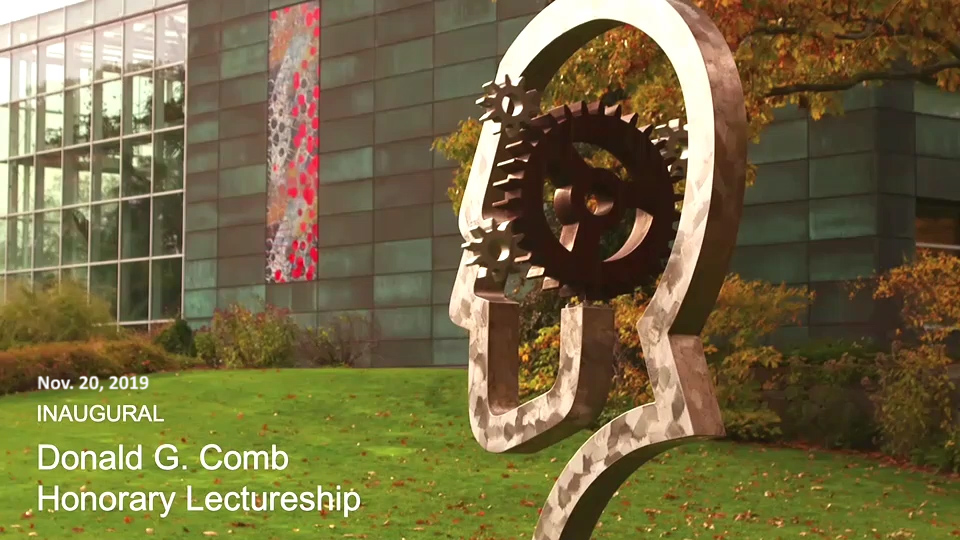
Donald G. Comb Honorary Lectureship
Don Comb founded New England Biolabs in the mid-1970’s, with the advancement of science and stewardship of the environment as its highest priorities. To honor his work, NEB has established the annual Donald G. Comb Honorary Lectureship series. The scientists chosen as the Donald G. Comb Honorary Lecturer must exemplify qualities valued by NEB: a passion for science, broad collaboration, mentorship of the next generation, and an aim to make fundamental scientific discoveries and then apply that knowledge to broadly impact life science research.
The inaugural lecture took place on Wednesday, November 20th at NEB Ipswich Campus. The lecture "Structure and dynamics of macromolecular complexes using cryo-EM” was be presented by Eva Nogales of the University of California, Berkeley.

Content is covered by one or more patents, trademarks and/or copyrights owned or controlled by New England Biolabs, Inc (NEB).
For more information about commercial rights, please email us at busdev@neb.com.
Videos
-

Donald G Comb Lecture - Eva Nogales
See Dr. Eva Nogales present her work on the "Structure and Dynamics of Macromolecular Complexes using Cryo-EM."

